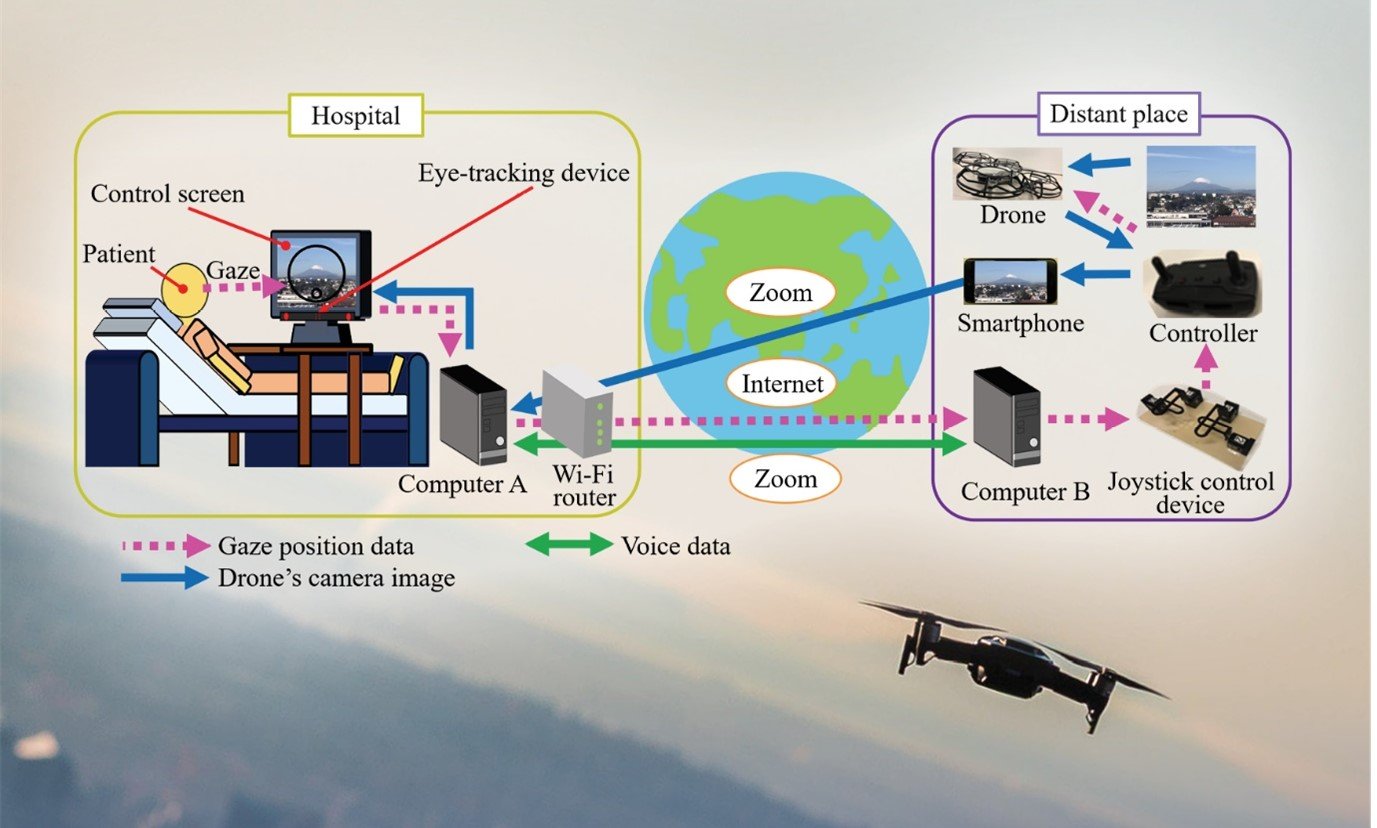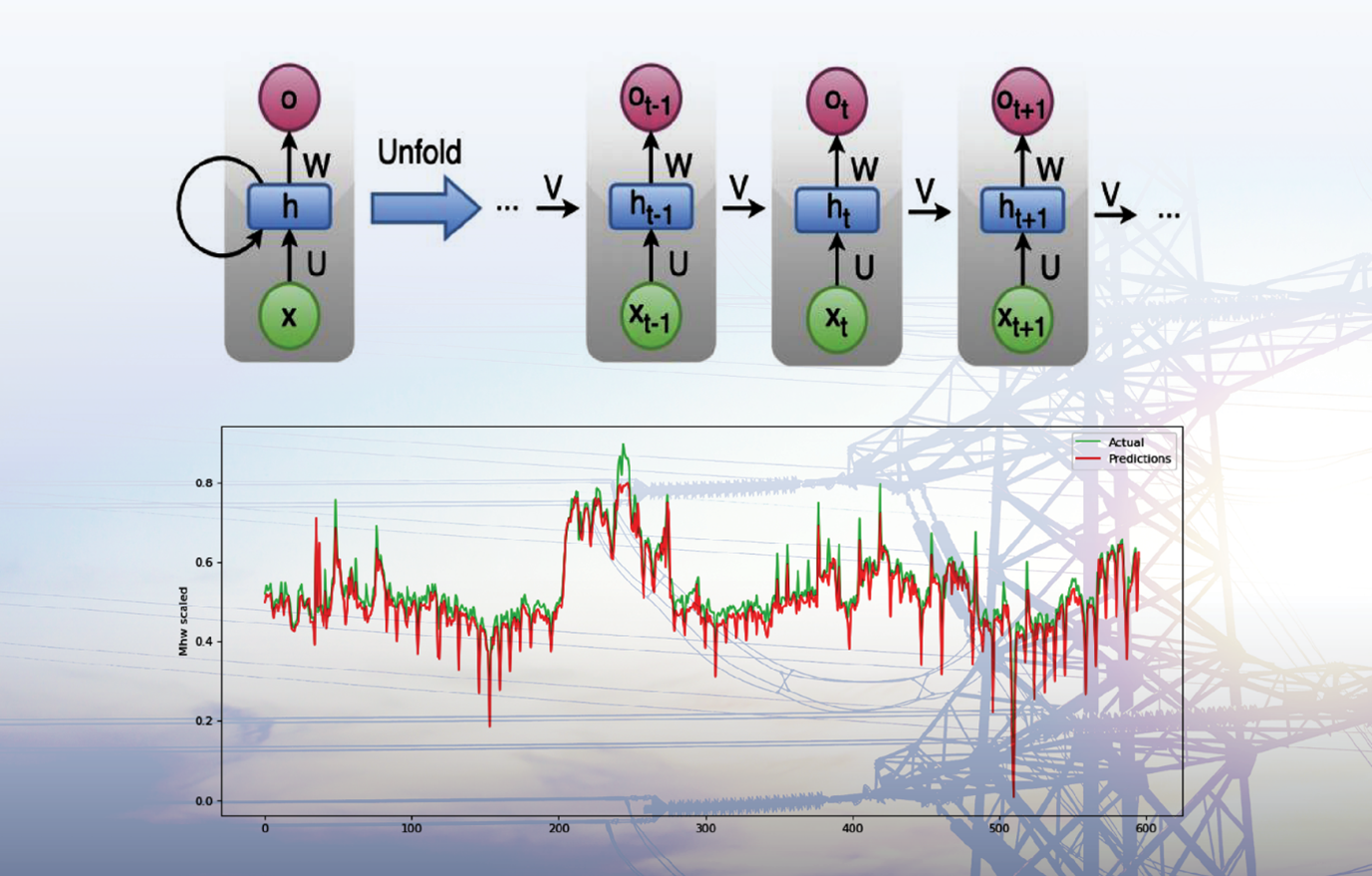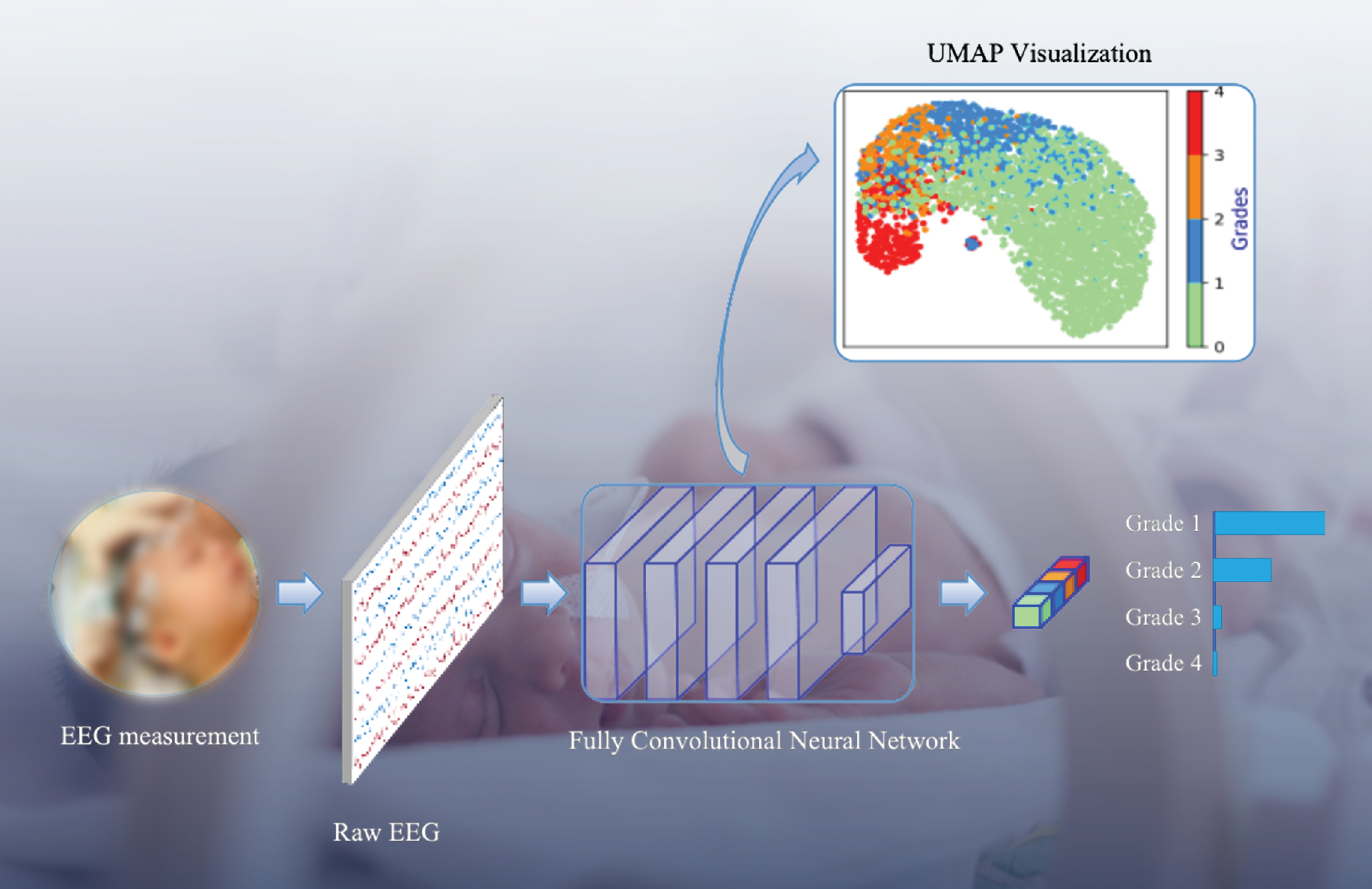Need Help?
6 August 2024
Technologies | 2023 Editor's Choice Featured Papers (I)
In this era of rapid technological development, artificial intelligence (AI) is propelling the transformation of human lives and the future. Here, we announce the selection of five Editor’s Choice Papers, published in Technologies (ISSN: 2227-7080, latest Impact Factor 4.2, CiteScore 6.7), that address the application of AI. All of these papers have been selected from Volume 11 (2023) by the Editor-in-Chief and Editorial Board Members, and have been well received by researchers. It is therefore believed that they will arouse the interest of readers and provide opportunities for follow-up research.
1. “Evaluation of a Remote-Controlled Drone System for Bedridden Patients Using Their Eyes Based on Clinical Experiment”
by Yoshihiro Kai, Yuuki Seki, Riku Suzuki, Atsunori Kogawa, Ryuichi Tanioka, Kyoko Osaka, Yueren Zhao and Tetsuya Tanioka
Technologies 2023, 11(1), 15; https://doi.org/10.3390/technologies11010015
Available online: https://www.mdpi.com/2227-7080/11/1/15

- The researchers developed a system that enables drones to be remotely controlled with only one’s eyes;
- This paper presents the results of clinical trials performed to verify the effectiveness of this unmanned aerial system;
- The results showed that subjects requiring aid in activities of daily living, even bedridden patients, could operate drones using this system, see distant scenery and communicate with others.
2. “Utilization of Artificial Neural Networks for Precise Electrical Load Prediction”
by Christos Pavlatos, Evangelos Makris, Georgios Fotis, Vasiliki Vita and Valeri Mladenov
Technologies 2023, 11(3), 70; https://doi.org/10.3390/technologies11030070
Available online: https://www.mdpi.com/2227-7080/11/3/70

- This paper proposes a framework for predicting future power load using RNN model, and compares it with other advanced architectures;
- Extensive testing of the dataset of hourly electricity load values in Greece shows that the framework is able to capture the underlying pattern training data hidden in the model and achieve high accuracy in predictions;
- Superior to more complex neural networks, the RNN model is able to capture patterns or trends in data effectively.
3. “Multi-Scale CNN: An Explainable AI-Integrated Unique Deep Learning Framework for Lung-Affected Disease Classification”
by Ovi Sarkar, Md. Robiul Islam, Md. Khalid Syfullah, Md. Tohidul Islam, Md. Faysal Ahamed, Mominul Ahsan and Julfikar Haider
Technologies 2023, 11(5), 134; https://doi.org/10.3390/technologies11050134
Available online: https://www.mdpi.com/2227-7080/11/5/134

- The introduction of a novel multi-scale convolutional neural network (CNN) enables the accuracy of lung disease classification to be enhanced by effectively capturing local and global features in medical images;
- The authors combine deep learning with explainable AI techniques to provide transparent and explainable insights into the model's decision-making process, which is critical for clinical application and trust;
- The classification accuracy is significantly enhanced compared to traditional models, especially due to the use of large datasets to distinguish various lung diseases.
4. “Neonatal Hypoxic–Ischemic Encephalopathy Grading from Multi-Channel EEG Time-Series Data Using a Fully Convolutional Neural Network”
by Shuwen Yu, William P. Marnane, Geraldine B. Boylan and Gordon Lightbody
Technologies 2023, 11(6), 151; https://doi.org/10.3390/technologies11060151
Available online: https://www.mdpi.com/2227-7080/11/6/151

- The authors propose a novel deep learning classifier to classify neonatal hypoxic–ischemic encephalopathy, which directly uses original Electroencephalogram (EEG) data instead of relying on manual processing;
- Compared with traditional methods, the architecture of the model is simpler but deeper, with fewer parameters; this ensures the performance of robust and comprehensive evaluation in training and testing, with high accuracy and good robustness.
5. “How to Bell the Cat? A Theoretical Review of Generative Artificial Intelligence towards Digital Disruption in All Walks of Life”
by Subhra Mondal, Subhankar Das and Vasiliki G. Vrana
Technologies 2023, 11(2), 44; https://doi.org/10.3390/technologies11020044
Available online: https://www.mdpi.com/2227-7080/11/2/44

- Generative Artificial Intelligence (GAI) has achieved impressive results, but there are still many ethical and practical issues that need to be addressed before it can be put to use;
- Taking ChatGPT as an example, the readiness of its query information and the appropriateness of the generated content need to be studied and solved;
- The future development of GAI relies on a framework that is interpretive, interactive, and immersive in all applications.

